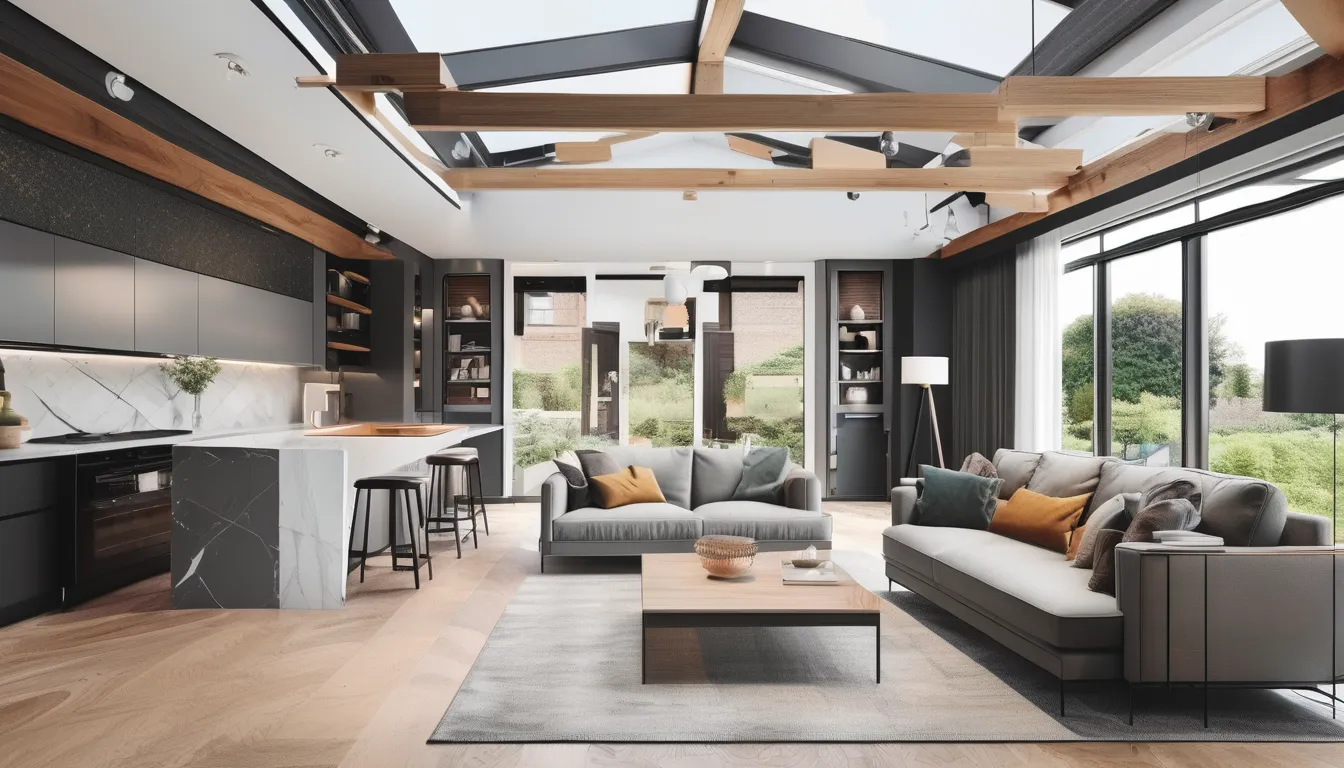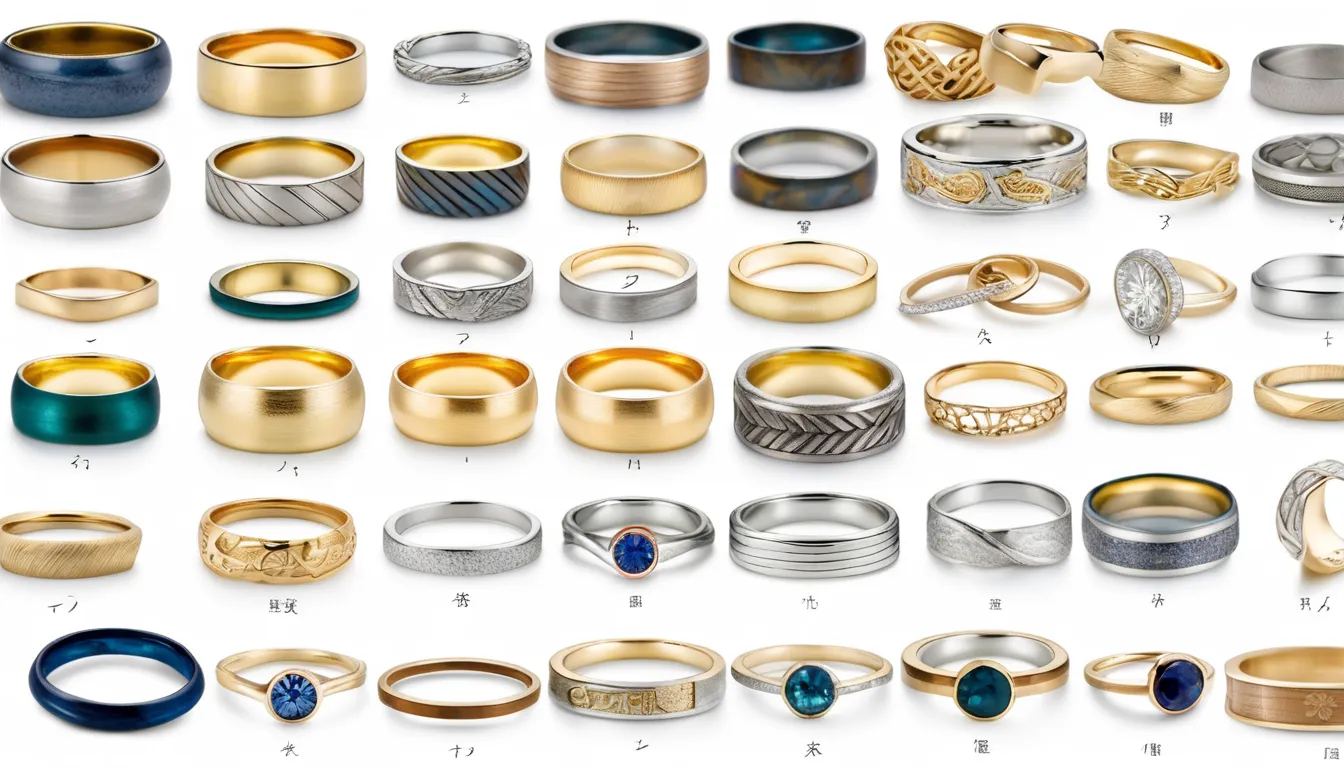As you consider transforming your living space, you might be wondering how to create a home that not only looks great but also operates efficiently. Expert home services can provide you with the knowledge and expertise to make informed decisions about energy-efficient renovations, smart home automation, and sustainable building materials. By incorporating these features, you can reduce your environmental footprint and save money on energy bills. But what are the most effective ways to achieve this balance between style, functionality, and eco-friendliness? The key lies in understanding the various options available to you, which we'll explore in more detail.
Benefits of Expert Home Services
When you invest in your home, you're not just improving its value – you're also investing in your quality of life.
A well-maintained home can greatly impact your physical and mental well-being. By hiring expert home services, you'll have peace of mind knowing that professionals are handling the job. They'll ensure that your home is safe, functional, and tailored to your needs.
Expert home services can also save you time and money in the long run.
By addressing issues promptly, you'll avoid costly repairs down the line. Additionally, professionals will help you make informed decisions about your home, ensuring that you're getting the most bang for your buck.
Whether you're looking to renovate, repair, or maintain your home, expert services can help you achieve your goals.
Energy-Efficient Renovation Options
You've made the smart decision to invest in expert home services, and now it's time to think about how you can make your home more energy-efficient.
Energy-efficient renovations not only lower your energy bills but also increase your home's value and reduce your carbon footprint.
To get started, consider the following energy-efficient renovation options for your home:
- *Seal air leaks and add insulation*: Prevent heat from escaping and reduce heat loss during the winter by sealing air leaks and adding insulation to your attic, walls, and floors.
- *Upgrade to energy-efficient windows*: Replace old, single-pane windows with energy-efficient, double-pane or triple-pane windows to reduce heat loss and heat gain.
- *Install a programmable thermostat*: Regulate your home's temperature and save energy by installing a programmable thermostat.
- *Add solar panels*: Harness solar energy and reduce your reliance on the grid by installing solar panels on your roof or in your yard.
- *Use energy-efficient lighting*: Replace incandescent bulbs with energy-efficient LED bulbs to reduce energy consumption and prolong bulb life.
Improving Home Water Efficiency
Your home's water efficiency is just as important as its energy efficiency, and making a few key changes can significantly reduce your water consumption and lower your bills.
You can start by installing low-flow showerheads and toilets, which use significantly less water than their traditional counterparts. Look for fixtures with the WaterSense label, which indicates they meet EPA standards for water efficiency.
You can also improve your home's water efficiency by fixing leaks and installing a water-efficient washing machine and dishwasher. When it's time to replace your appliances, choose ones with the ENERGY STAR label, which also considers water efficiency.
Another option is to install a gray water system, which collects and reuses water from sinks, showers, and washing machines for irrigation and flushing toilets.
Additionally, you can install rainwater harvesting systems to collect and store rainwater for non-potable uses like watering plants and washing cars.
Smart Home Automation Solutions
Making your home more water-efficient is just the beginning of creating a sustainable living space.
To take your home to the next level, consider investing in smart home automation solutions. These innovative systems allow you to control and monitor various aspects of your home from a single interface, making it easier to manage your energy consumption and reduce waste.
By integrating smart home automation solutions, you can:
- Control lighting and temperature settings remotely to optimize energy usage
- Monitor and adjust water usage in real-time to prevent waste
- Automate tasks, such as turning off lights and appliances when not in use
- Receive notifications and alerts when energy consumption patterns change
- Integrate with renewable energy sources, like solar panels, to maximize efficiency
With smart home automation solutions, you can create a more efficient, sustainable, and convenient living space.
Sustainable Building Materials
As you consider upgrading or renovating your home, incorporating sustainable building materials is a crucial step towards minimizing your environmental footprint. Not only do these materials reduce waste and pollution, but they also promote energy efficiency and cost savings. You're likely wondering what sustainable building materials are available and how they compare to traditional options.
Here's a breakdown of some popular sustainable building materials:
|
Material |
Benefits |
Durability |
|---|---|---|
|
Bamboo Flooring |
Renewable, low VOCs, and resistant to moisture |
20-30 years |
|
Recycled Glass Countertops |
Made from 70-90% post-consumer waste, durable, and heat-resistant |
20-50 years |
|
Low-E Windows |
Reduces heat transfer, minimizes energy loss, and UV-resistant |
20-30 years |
|
Reclaimed Wood |
Salvaged from old buildings, unique aesthetic, and reduces waste |
50-100 years |
When choosing sustainable building materials, consider factors like durability, maintenance requirements, and upfront costs. While some materials may be more expensive initially, they can lead to significant long-term savings and a reduced environmental impact. By incorporating these materials into your home renovation, you'll be taking a significant step towards a more sustainable future.
Frequently Asked Questions
What Is the Average Cost of Hiring a Renovation Expert?
When hiring a renovation expert, you'll likely pay between $50 to $200 per hour, or 10% to 20% of your total project cost. You'll also need to factor in materials and other expenses, won't you?
Do I Need a Permit for Minor Home Renovations?
You'll likely need a permit for minor home renovations if they affect electrical, plumbing, or structural systems. Check with your local government for specific requirements, as regulations and fees vary by location and renovation type.
How Long Does a Home Energy Audit Typically Take?
You'll typically spend 1-3 hours undergoing a home energy audit, depending on the size of your home. You'll need to let the auditor access all areas, including attics and crawl spaces, for an accurate assessment.
Are Energy-Efficient Renovations Tax-Deductible?
You're wondering if energy-efficient renovations are tax-deductible. In the US, you can claim tax credits for certain upgrades like solar panels, windows, and insulation, but it's essential to check current tax laws and IRS guidelines to see what applies to you.
Can I Renovate My Home to Be Completely Off-Grid?
You can renovate your home to be completely off-grid by investing in solar panels, wind turbines, and a self-sufficient water supply system, but ensure you research local regulations and permits required 川崎市 リフォーム such a project.
Conclusion
By renovating your home with expert services, you'll not only boost your physical and mental well-being but also enjoy long-term savings. With energy-efficient options and smart home automation solutions, you'll reduce your energy consumption and promote a healthier living environment. By incorporating sustainable materials and water-efficient systems, you'll conserve resources and contribute to a more sustainable future. Your home will become a haven that's both efficient and environmentally friendly.




